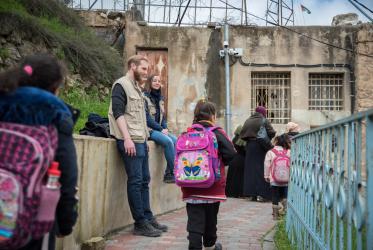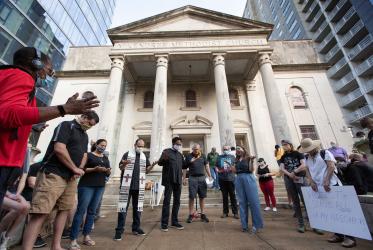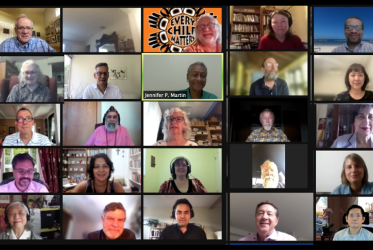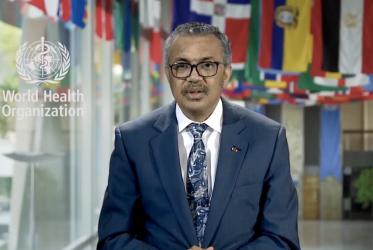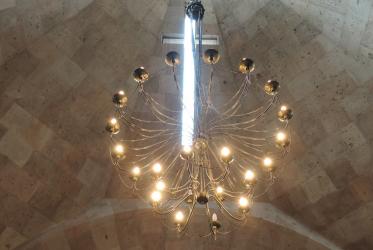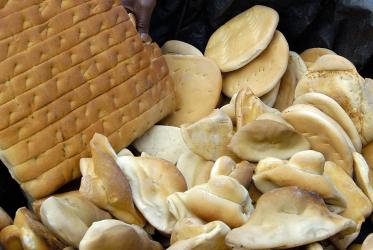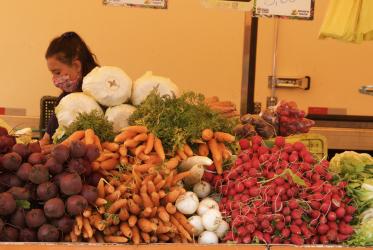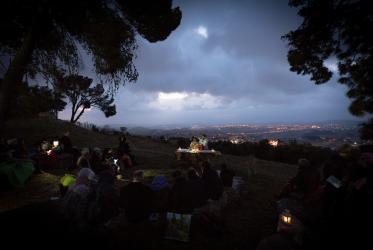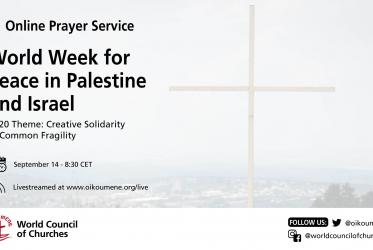Displaying 1 - 20 of 37
Wrestling with the racial pandemic
15 February 2022
Scottish and UK religious leaders call for urgent climate action
20 September 2021
Nuclear weapons threat, climate change linked in many ways
17 August 2021
WCC executive committee maps future with hope in uncertain times
19 November 2020
Online prayer service for World Food Day
16 October 2020
WCC to host online prayer service for World Food Day
09 October 2020
“Stand together praying for just peace in Palestine and Israel”
14 September 2020

